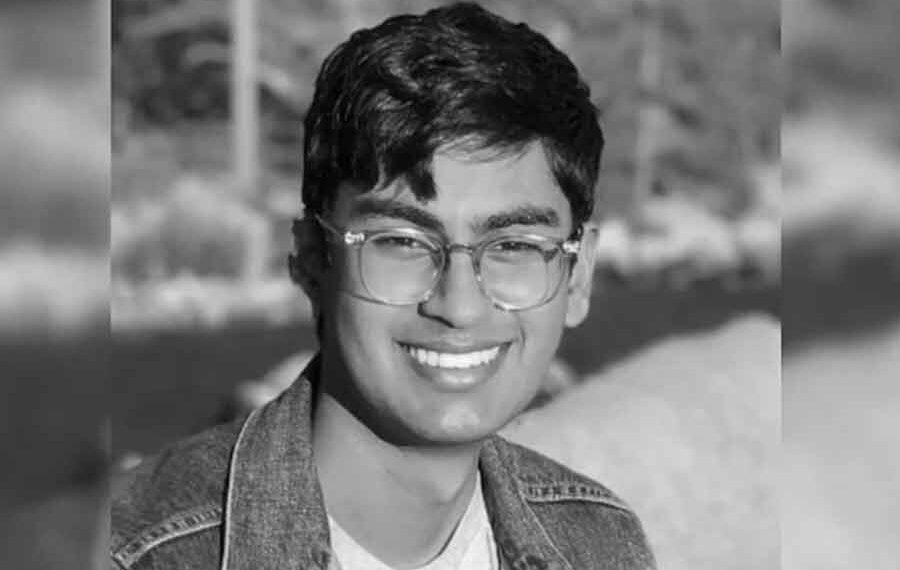Suchir Balaji, a former OpenAI researcher who helped shape ChatGPT, has died at the age of 26 in San Francisco. Known for his public criticism of generative AI’s impact on copyright laws, Balaji’s death by suicide comes amid intensifying debates over the ethical implications of AI technologies.
By PC Bureau
Suchir Balaji, a 26-year-old former Artificial Intelligence (AI) researcher at OpenAI, was found dead in his San Francisco apartment in what authorities have deemed a suicide. The San Francisco Police Department spokesperson, Officer Robert Rueca, confirmed there was “no evidence of foul play” during the initial investigation.
Balaji’s body was discovered in his Buchanan Street residence on November 26, according to The Mercury News. He had worked at OpenAI from November 2020 to August 2024, contributing to advancements in generative AI, including ChatGPT.
A Troubled Relationship with AI
In the weeks leading up to his death, Balaji had been outspoken about his concerns regarding generative AI. In October, he publicly criticized OpenAI for allegedly violating copyright laws and undermining the integrity of the internet.
“If you believe what I believe, you have to just leave the company,” Balaji told The New York Times, reflecting on his decision to part ways with OpenAI after nearly four years.
Through posts on X (formerly Twitter), Balaji detailed his misgivings about the legal and ethical implications of generative AI, arguing that technologies like ChatGPT might fail the “fair use” test under copyright law. In a blog post, he broke down the four legal factors determining fair use, ultimately concluding that generative AI products often act as substitutes for the data they’re trained on, potentially competing with original works in their markets.
Elon Musk’s Cryptic Reaction
The news of Balaji’s death drew a cryptic response from billionaire Elon Musk, who co-founded OpenAI in 2015 but left the organization three years later. Musk, who has been critical of OpenAI in recent years, reacted with a simple “hmm” on X.
Musk, now leading xAI, has frequently clashed with OpenAI CEO Sam Altman, accusing the company of monopolistic practices. Last month, he reignited the feud by alleging OpenAI’s dominance in the AI space.
Grave Charges:
Suchir Balaji raised several pointed criticisms against generative AI, specifically highlighting concerns about its legal and ethical implications. Here are the key charges he leveled against AI technologies like ChatGPT:
- Violation of Copyright Laws:
Balaji argued that generative AI models like ChatGPT might not meet the standards for fair use. He pointed out that these technologies could create substitutes for the very works they were trained on, potentially competing with the original data sources and undermining their market value. - Unfair Market Practices:
He contended that generative AI products effectively act as competitors to the creative works they replicate or draw from, raising questions about whether they distort the market for original content creators. - Weak Defense of Fair Use:
Balaji concluded that OpenAI’s reliance on the concept of fair use to justify its generative AI practices was implausible. He analyzed the four factors that determine fair use, particularly emphasizing the negative impact on the potential market for copyrighted works. He believed these factors didn’t support AI models’ use of training data. - Erosion of Internet Integrity:
Balaji suggested that technologies like ChatGPT were damaging the internet by contributing to the proliferation of low-quality, derivative content that undermines original, creative work. - Need for Greater Accountability:
In interviews and social media posts, Balaji highlighted the lack of robust legal frameworks to hold generative AI companies accountable, calling for deeper scrutiny and reforms to protect intellectual property rights.
A Legacy in Question
Balaji’s contributions to OpenAI and generative AI have left an indelible mark on the field. Yet, his concerns about the ethical and legal ramifications of AI reflect broader debates within the tech community. His blog posts and interviews, highlighting the limitations of copyright protections in the age of AI, continue to resonate as the industry grapples with unresolved legal and ethical dilemmas.
Balaji’s untimely death serves as a somber reminder of the personal toll that innovation and controversy in the tech industry can exact.














